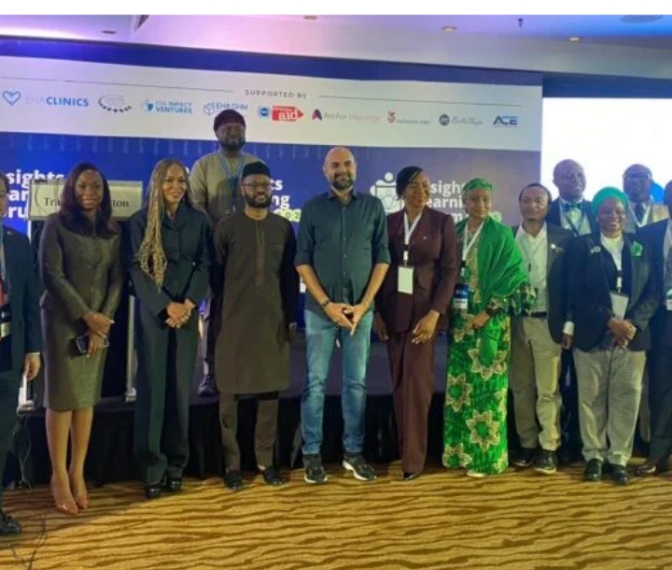As Nigeria struggles with the challenges in the healthcare system and growing inequities, experts have called for local investment and digital innovation to improve healthcare outcomes in the country.
Speaking at the third edition of the Insights Learning Forum (ILF) organised by eHealth Africa and its partners, the experts said digital health is no longer optional; it is survival.
The theme of the event was “Local investments for connected communities: The power of digital health networks in public health transformation”.
“The forum attracted government officials, private sector leaders, health innovators, and development partners to explore strategies for building resilient and connected health systems across the continent.
The Executive Director of eHealth Africa, Atef Fawaz, reflected on the ILF’s evolution. He stressed that building strong partnerships remains crucial for the push to make the digital healthcare system a core part of Nigeria’s health sector.
Fawaz highlighted the recent tripartite agreement between eHealth Africa and the Kano State Government as a model. “It started as a simple webinar. But year by year, we’ve seen growth in both interest and commitment from partners and government.
“We only believe in partnerships with government to get things done. They have the vision; we as implementers have the mandate. This is not a client relationship, it’s a collaboration.
“Signing that agreement opens the road for honest conversations. It allows us to understand what’s required and where we can help,” he said.
The Chief Executive Officer and Chief Medical Officer at eHealth Africa Clinics, Ifunaya Ilodibe, said it is essential to invest in local communities. She added that digital tools are no longer optional but essential for expanding healthcare access, especially in a country facing severe workforce shortages.
Ilodibe noted that community health extension workers, who are at the core of delivering healthcare services in rural areas, needed to enhance their use of digital tools.
“Nigeria currently needs 237,000 doctors, and there are 35,000 of us. So digital health is not just a nice-to-have; it’s the only way to drive access. It is the only way to drive equity and the only way for us to guarantee some measure of quality within the healthcare service delivery in Nigeria.
“The use of digital tools to drive access helps to improve healthcare outcomes and also to drive policy changes within the government that empower these healthcare workers to continue to deliver quality care.”
The national coordinator of the sector-wide coordinating office-programme management unit (SCO-PMU) for the Nigeria health sector renewal investment initiative (NHSRII), Muntaqa Umar-Sadiq, said there is a need to leverage data and innovation to strengthen health systems.
Umar-Sadiq said Nigeria’s health priorities, particularly reducing maternal and newborn mortality, require scalable and locally owned digital solutions.
“The government has prioritised digital health as an important component of its one plan. In addition, we have stakeholders here today who are committed to a country-owned, locally led solution using innovations in service delivery and digital health,” he said.















